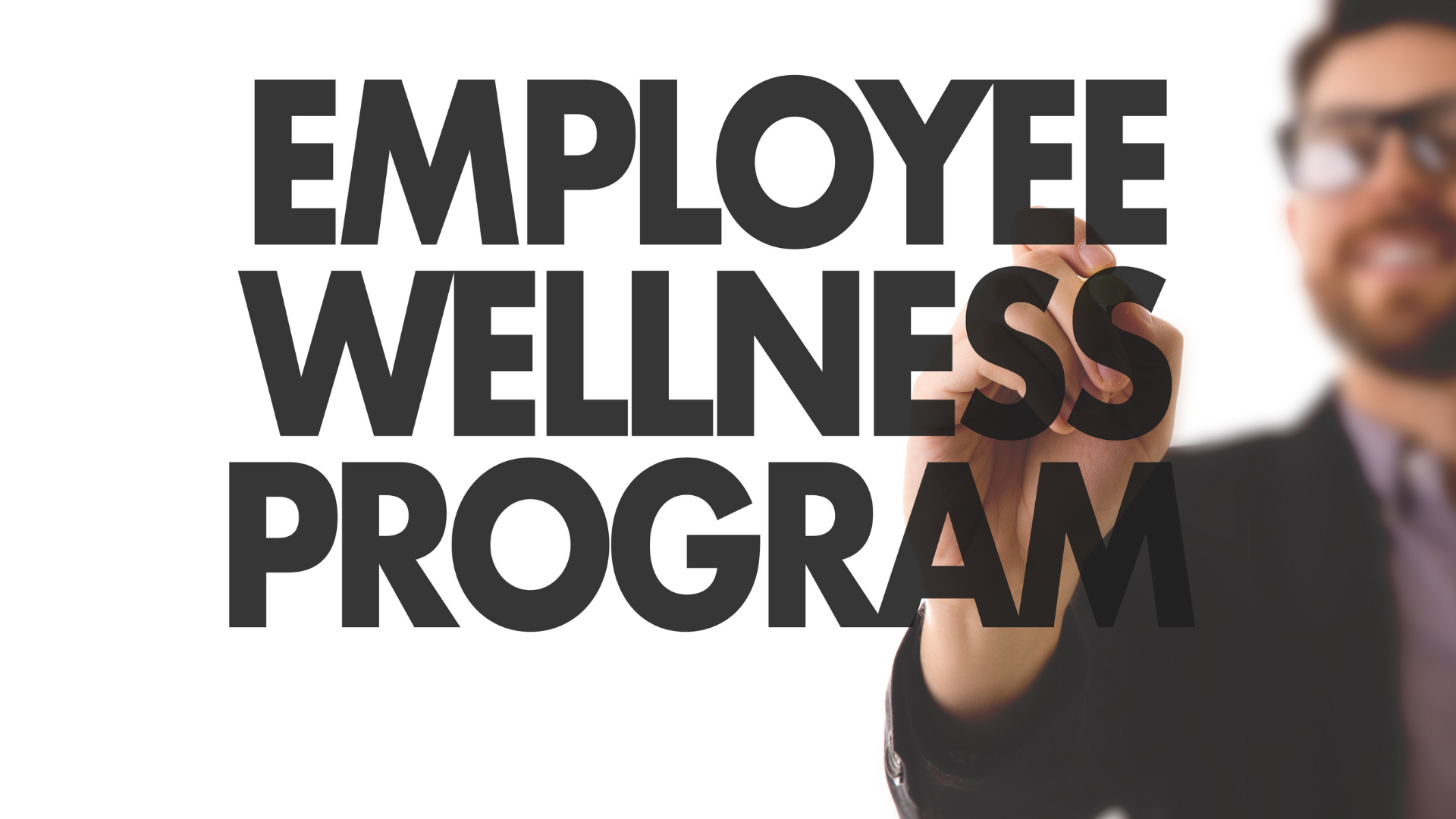Have you ever been so wrapped up in project deadlines, meetings, and urgent tasks that you forgot to thank someone who helped make things run smoothly?
I’ve been there.
In the fast-paced world we operate in, we’re often so focused on the finish line that we forget to look around and acknowledge the people, often behind the scenes, who made the journey possible.
And then I came across a story that completely shifted my perspective.
A Fighter Pilot’s Wake-Up Call
Table of Contents
Let me take you back to the story of Charles Plumb, a story that changed how I see teamwork forever. Charles Plumb is a US Navy jet pilot during the Vietnam War. After flying 75 combat missions, his plane was hit by a missile. He ejected, deployed his parachute, and landed safely – only to be captured and held in a Vietnamese prison for six long years.
Years later, while having dinner with his wife, a man approached him at the restaurant and said:
“You’re Plumb! You flew jet fighters from the aircraft carrier Kitty Hawk. You were shot down!”
Surprised, Plumb asked, “How did you know that?”
The man replied with a smile: “I packed your parachute.”
Imagine that moment – the realization that an unseen sailor had saved your life.
Plumb couldn’t stop thinking about the hours that sailor must have spent, day after day, folding parachutes below deck – with no spotlight, no medals, and no recognition.
“I was a fighter pilot,” Plumb later said, “and he was just a sailor.” But that “just a sailor” had packed the one thing that kept him alive.
You can read more about Charles Plumb’s story on his Wikipedia page.
Who Packs Your Parachute?
Since hearing that story, I’ve made it a habit to pause and ask myself: Who’s packing my parachute?
And perhaps more importantly: Am I appreciating them enough?
At work, it’s easy to see and applaud the “stars” – the presenters, closers, deal-makers. But what about the person who stayed up late editing the final deck? The admin who fixed the vendor paperwork last minute? The finance person who cleared your reimbursement before the deadline?
They may not be in the spotlight, but they make your success possible.
The Lesson for Corporate Teams
This idea is so relevant for all of us in the corporate world. Whether you’re in HR, L&D, or a leadership role, here’s something worth reflecting on:
When we build a culture of recognition and gratitude, teams become stronger. When people feel seen and valued, they show up with more ownership, more energy, and more resilience.
Take cricket, for example. After a historic Ashes win, England’s Kevin Pietersen once said: “The team victory is incredible. That’s the best feeling – no matter who takes the wickets or gets the runs.”
Interestingly, 6 players from that win were also part of the team that was previously defeated. What changed? Not skill, but mindset. Support. Team trust.
What Can You Do as a Professional?
Here’s how I’ve started applying this in my own work – and how you can too:
Recognize behind-the-scenes contributions
Set up informal or structured recognition moments. Even a quick shoutout in a meeting can make a difference. You could explore different platforms to get started.
Build emotional intelligence in teams
Encourage training programs that go beyond skills – that help employees understand themselves and each other. This Workplace Emotional Intelligence program is a great place to begin.
Promote trust and collaboration
Try experiential learning formats like Building High‑Performance Teams, where people learn to rely on and appreciate one another.
Go deeper with team development
Frameworks like The Five Behaviors® provide a proven path to build cohesive teams.
Foster a culture of everyday appreciation
It’s not just about annual awards. Everyday feedback, kind words, and acknowledgement matter.
Final Reflection: Gratitude Is Not Optional
In the end, the question remains: Who’s packing your parachute?
In my own journey, learning to pause and appreciate the “invisible contributions” has changed the way I work, lead, and build relationships at work.
And if you’re in a role where you’re helping build people, teams, or culture, I hope this story reminds you of something important:
Sometimes, the quietest contributions carry the most weight.
Let’s make sure we notice them.










